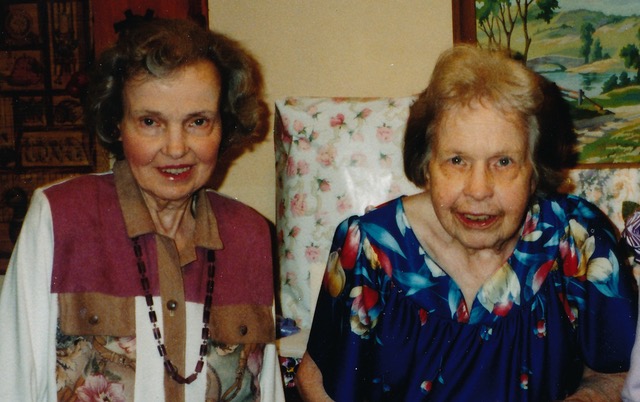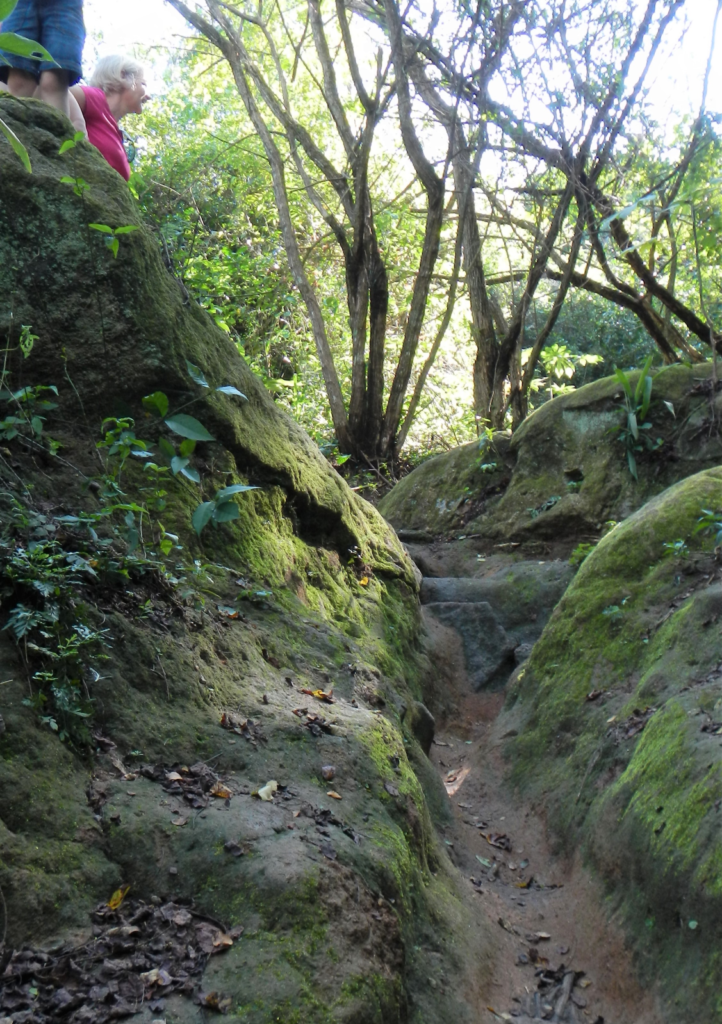Before I had children and thoughts about their education, an acquaintance expressed concern about her daughter’s sixth-grade accelerated reading list. The teacher would not listen to the mother’s concerns. After hearing the list, a second-year law student scoffed. He had read most of the books in high school. He defended his favorite.
The one of wisest women I have ever known responded, “The issue is appropriateness, not whether the story is good. High school appropriateness is not sixth-grade appropriateness.”
I remembered Shirley’s words years later when my boys wanted to read the books and watch the movies of their peers. We saved some for when they were more appropriate, and perhaps, could be discussed.
I learned that appropriateness varies among children of the same age. Just as we don’t buy six-year-old jeans, we shouldn’t buy the myth of six-year-old animated movies. Same with twelve-year-old shoes and twelve-year-old literature.*
Some items should stay unseen. A friend’s seven-year-old son asked, “If this movie is not appropriate for me, is it appropriate for you, Mom?” “No,” my friend told him. “It’s not appropriate for me, either.”
* Thank you, Cathy Duffy, for a similar analogy.

What helps you determine appropriateness?








